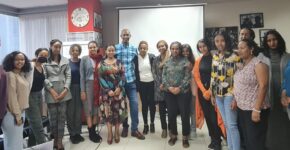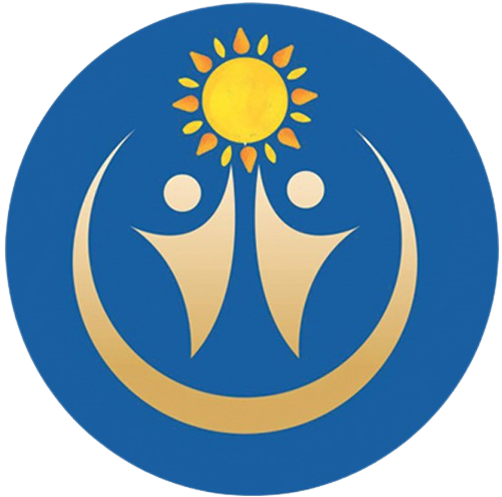Education Context in Biruh Zega:
Describe the current education context in Biruh Zega, highlighting key challenges faced by students. Discuss factors such as limited access to quality education, inadequate resources, low student motivation, and the need for holistic development.
Program Strategy for Students:
The program strategy for students revolves around providing comprehensive support and creating an enabling environment for their academic and personal growth. The strategy includes the following components:
- a) Academic Support: Offer academic enrichment programs, tutorial sessions, and study groups to strengthen students' understanding of key subjects and improve their academic performance. Provide access to learning materials, textbooks, and online resources.
- b) Holistic Development: Promote the holistic development of students by offering extracurricular activities, leadership development opportunities, and life skills training. Foster their creativity, critical thinking, problem-solving, and communication skills.
- c) Personalized Support: Identify students who require additional support due to learning difficulties, language barriers, or socio-economic challenges. Provide individualized support, counseling, and mentoring to address their unique needs and help them succeed academically and personally.
- d) Parental Engagement: Foster strong partnerships with parents and guardians by organizing workshops, seminars, and parent-teacher meetings. Educate parents about their role in supporting their children's education and involve them in decision-making processes.
Key Activities/Interventions for Students:
Outline specific activities and interventions that will be delivered to students, including:
- a) Academic enrichment programs and tutorial sessions in core subjects.
- b) Workshops and training sessions on study skills, time management, and exam preparation.
- c) Extracurricular activities such as sports, arts, music, and cultural events.
- d) Leadership development programs, including student councils and community engagement initiatives.
- e) Counseling services, mentoring, and career guidance to support students' personal and academic growth.
- f) Access to scholarships, educational resources, and technology tools for equal opportunities.
- Expected Outcomes for Students:
The program aims to achieve the following outcomes for students:
- a) Improved academic performance and higher achievement levels.
- b) Enhanced critical thinking, problem-solving, and communication skills.
- c) Increased self-confidence, resilience, and motivation to excel.
- d) Holistic development, including leadership skills and social-emotional well-being.
- e) Access to opportunities for higher education and career pathways.
- f) Improved engagement and collaboration among students.
Overall Impact:
The program's overall impact on students will be significant, contributing to the following:
- a) Improved educational outcomes, leading to greater opportunities for future success.
- b) Enhanced confidence and self-esteem among students.
- c) Nurturing a positive learning environment and a culture of achievement.
- d) Increased student engagement and active participation in school life.
- e) Empowering students to become agents of change in their communities.
Conclusion:
The empowerment program for students in Biruh Zega aims to provide them with the necessary support, resources, and opportunities for academic success and holistic development. By investing in students' growth and well-being, the program will contribute to their long-term success, fostering a generation of confident, competent, and motivated individuals who are equipped to positively impact their communities and society at large.



